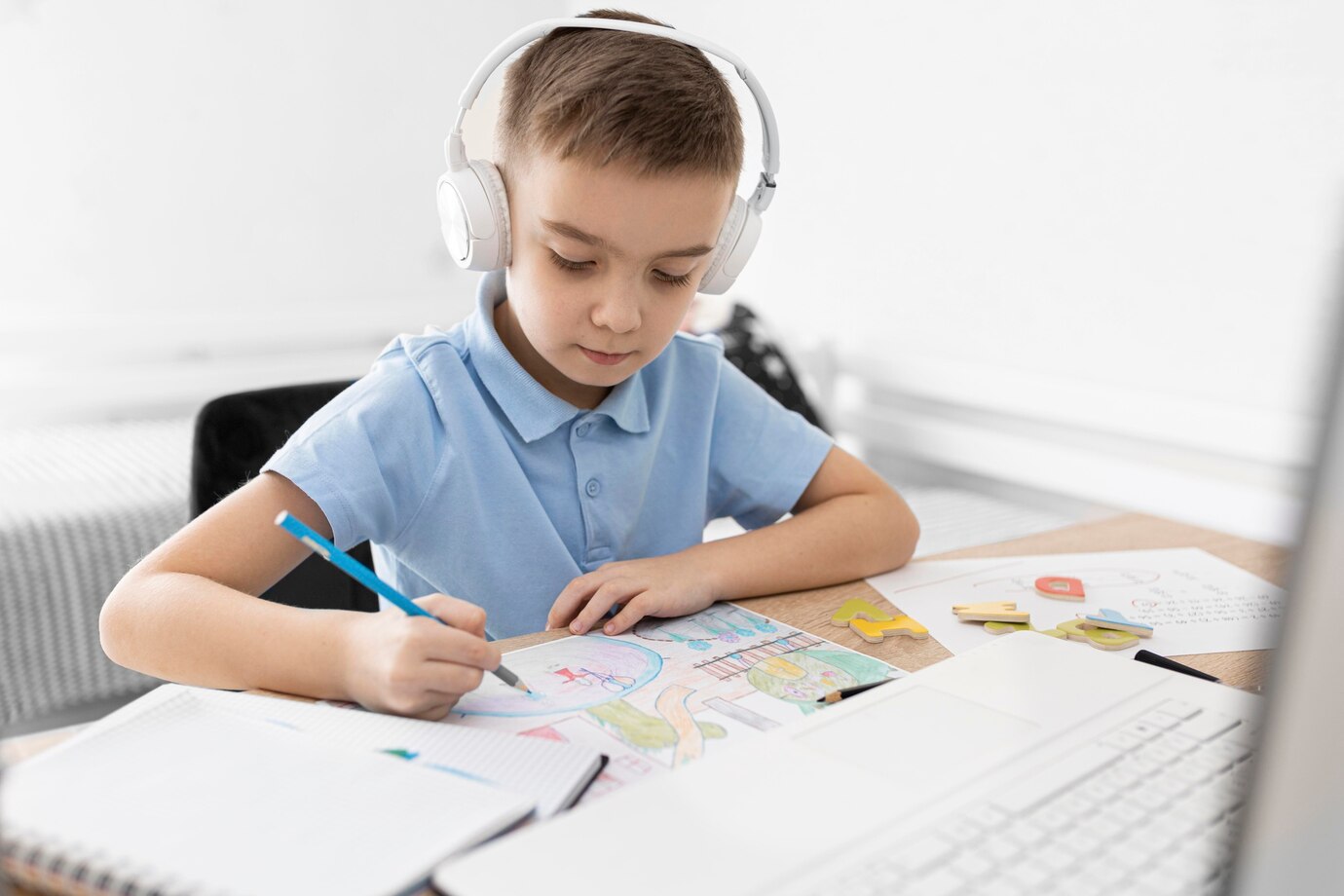Education is a diverse landscape, offering a multitude of paths for learners to explore and thrive. While traditional schooling remains the norm for many, alternative education models have gained prominence in recent years, offering innovative approaches to learning that cater to individual needs and preferences. From homeschooling to Montessori, these alternative models prioritize flexibility, personalized instruction, and holistic development. In this article, we embark on a journey to explore some of the most notable alternative education models and their unique philosophies.
Homeschooling: Empowering Learning Beyond the Classroom Walls
Homeschooling, once considered a niche alternative, has surged in popularity as families seek greater autonomy and flexibility in their children’s education. In homeschooling, parents or guardians take on the role of primary educators, guiding their children’s learning journey through personalized curricula, individualized instruction, and experiential learning opportunities. Homeschooling fosters a dynamic learning environment where children can explore their interests, learn at their own pace, and receive tailored support tailored to their unique learning styles and preferences.
Montessori Education: Nurturing Independence and Self-Directed Learning
Montessori education, developed by Dr. Maria Montessori in the early 20th century, emphasizes independence, self-directed learning, and hands-on exploration. In Montessori classrooms, children engage in mixed-age environments and have the freedom to choose from a variety of activities designed to promote cognitive, social, and emotional development. Learning is child-centered and experiential, with an emphasis on fostering intrinsic motivation, creativity, and critical thinking skills. Montessori education empowers children to become self-motivated learners who take ownership of their education and embrace a lifelong love of learning.
Waldorf Education: Nurturing the Whole Child Through Art and Play
Waldorf education, inspired by the teachings of Rudolf Steiner, emphasizes a holistic approach to learning that integrates academics with artistic expression, hands-on activities, and outdoor exploration. In Waldorf schools, children engage in a rich and immersive curriculum that encompasses music, art, drama, movement, and practical skills alongside traditional academic subjects. The goal of Waldorf education is to nurture the whole child – body, mind, and spirit – and cultivate a sense of wonder, creativity, and empathy.
Unschooling: Embracing Self-Directed Learning and Natural Curiosity
Unschooling takes a radical approach to education by rejecting formal curriculum and standardized testing in favor of child-led, interest-driven learning. In unschooling, children are encouraged to pursue their passions, interests, and curiosity through self-directed exploration and real-life experiences. Learning happens organically through everyday activities, hobbies, and interactions with the world around them. Unschooling challenges traditional notions of education and empowers children to take ownership of their learning, fostering creativity, independence, and lifelong curiosity.
Democratic Education: Empowering Students as Active Participants in Learning
Democratic education, rooted in principles of freedom, equality, and participatory democracy, places students at the center of the learning process and empowers them to play an active role in decision-making and governance. In democratic schools, students have a say in curriculum design, school policies, and conflict resolution, fostering a sense of ownership, responsibility, and community. By honoring students’ autonomy and agency, democratic education cultivates critical thinking, collaboration, and civic engagement, preparing them to become informed and empowered citizens.

